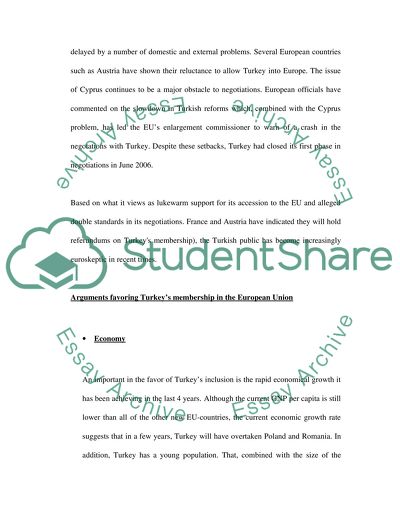Cite this document
(“PolicyMaking in the EU Essay Example | Topics and Well Written Essays - 3500 words”, n.d.)
PolicyMaking in the EU Essay Example | Topics and Well Written Essays - 3500 words. Retrieved from https://studentshare.org/politics/1501061-policymaking-in-the-eu
PolicyMaking in the EU Essay Example | Topics and Well Written Essays - 3500 words. Retrieved from https://studentshare.org/politics/1501061-policymaking-in-the-eu
(PolicyMaking in the EU Essay Example | Topics and Well Written Essays - 3500 Words)
PolicyMaking in the EU Essay Example | Topics and Well Written Essays - 3500 Words. https://studentshare.org/politics/1501061-policymaking-in-the-eu.
PolicyMaking in the EU Essay Example | Topics and Well Written Essays - 3500 Words. https://studentshare.org/politics/1501061-policymaking-in-the-eu.
“PolicyMaking in the EU Essay Example | Topics and Well Written Essays - 3500 Words”, n.d. https://studentshare.org/politics/1501061-policymaking-in-the-eu.


